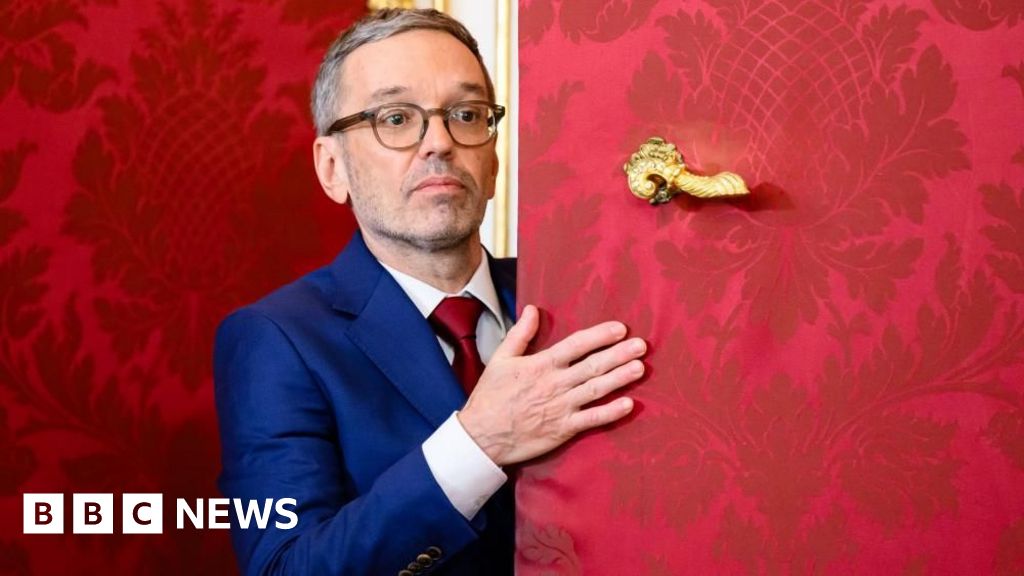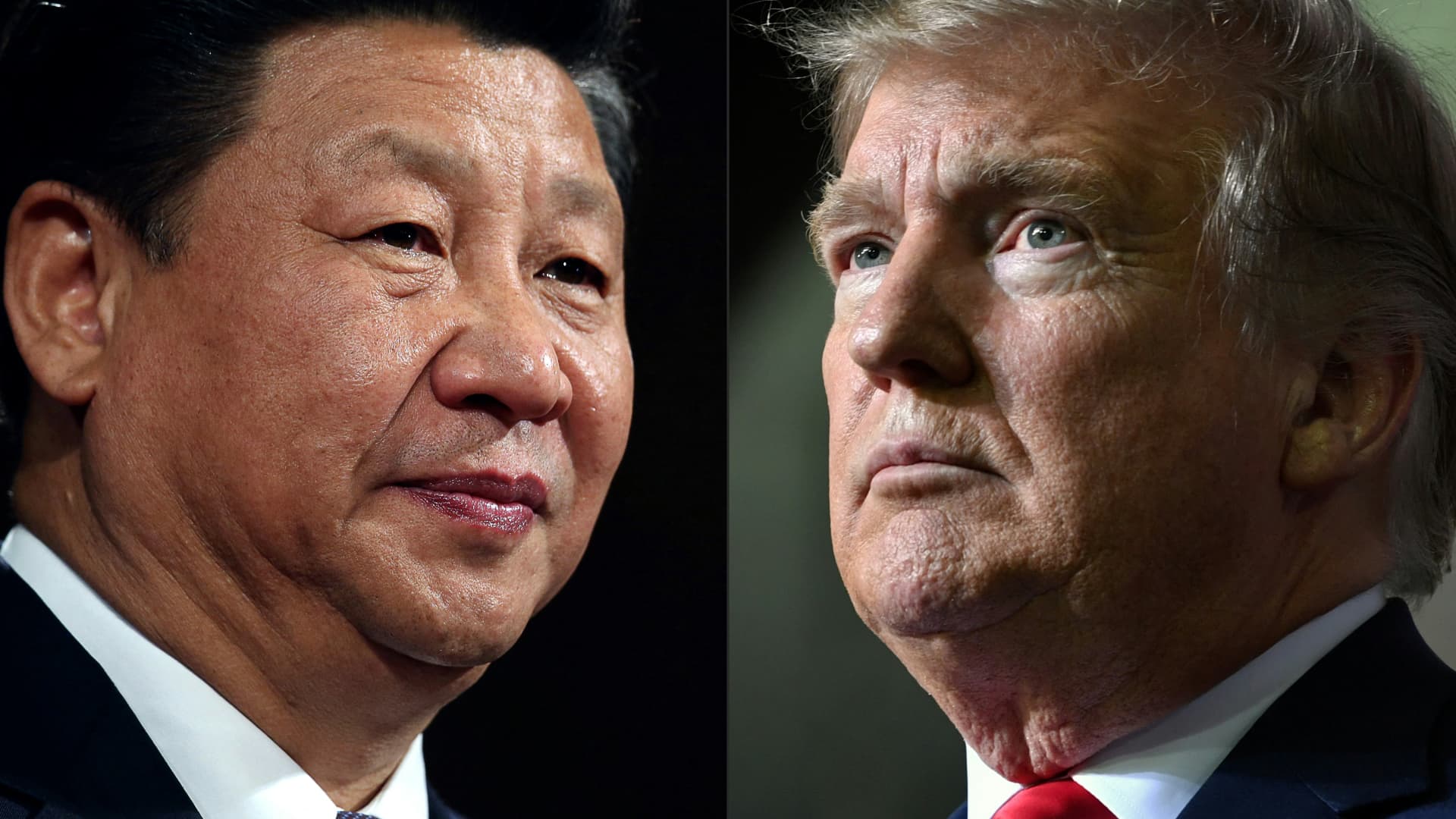Austria’s president Alexander Van der Bellen has tasked the leader of the far-right Freedom Party, Herbert Kickl, with forming a coalition government.
If the talks are successful, Austria will, for the first time, have a government led by the Eurosceptic, Russia-friendly Freedom Party (FPO).
The FPO has been in power before, but only as a junior coalition partner.
The party came first in September’s elections, with roughly 29% of the vote, but was then sidelined.
President Van der Bellen infuriated the FPO by not tasking it with forming a government soon after the election.
At the time, the leaders of all of the other parties ruled out making an alliance with Kickl.
In October, Van der Bellen gave the conservative People’s Party (OVP), which came second in the election with 26%, the task of forming a coalition.
The former leader of the OVP, Chancellor Karl Nehammer, had called Kickl a conspiracy theorist and a threat to security.
But Nehammer’s attempts to form a three-party and then a two-party centrist coalition collapsed this weekend.
He then resigned and the new leader of the conservatives, Christian Stocker, said his party would be willing to hold talks with Kickl.
President Van der Bellen has now tasked Kickl with forming a government.
The step is a dramatic reversal for the president, a former leader of the Green Party, who has long been critical of the FPO and has expressed reservations about Kickl as Chancellor.
On Monday, Van der Bellen said he had not taken “this step lightly”. He said he would “continue to ensure that the principles and rules of our constitution are correctly observed and adhered to”.
In recent months, Van der Bellen has repeatedly said he will remain vigilant to ensure “cornerstones of democracy” including human rights, independent media and Austria’s membership of the European Union are respected.
The Freedom Party and the OVP overlap on a number of issues and both take a tough line on migration.
However they have clashed on the EU and the Freedom Party’s opposition to aid for Ukraine in its war against Russia.
There is no timeframe for the coalition talks, which would usually take two or three months, but could be quicker.
If the talks fail, a snap election is likely. Polls suggest that support for the Freedom Party has grown since September.











